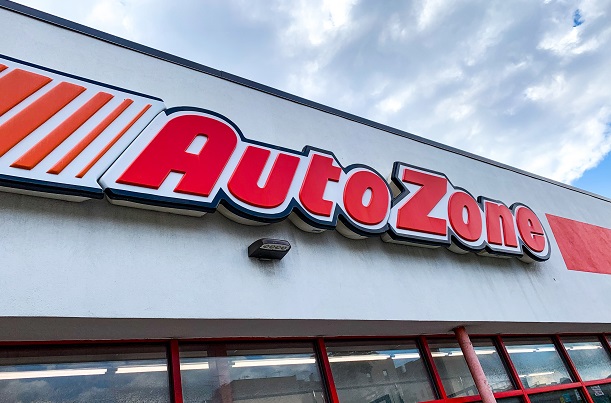Cap rates for the single tenant net leased auto parts store sector increased by 18 basis points to 6.44%, from the fourth quarter of 2018 to the fourth quarter of 2019, according to the Q42019 Net Lease Auto Parts Store Report published by Wilmette-based The Boulder Group.
An increase in the supply of vintage properties with shorter lease terms remaining drove the rise in cap rates. "It is better for financing and better to know for sure you have your tenant in place," says Randy Blankstein, President of The Boulder Group. "With shorter lease terms, rollover risk happens sooner."
In the fourth quarter of 2019, the median remaining lease term for the sector decreased to seven years. One year earlier, it was nine years.
"Cap rates are actually at a five-year high because there are a bunch of older properties, and the older properties have shorter lease terms," Blankstein says. "There's less new construction. A lot of existing properties are trading hands, and less new construction is trading hands."
Blankstein says there has been a decline in store size in the auto parts sector. In the past, stores would have retail in the front a large amount of storage in the back. "Now it's more of just in time [delivery] where stuff just comes to the store as it's needed," Blankstein says. "They can send parts from more central places versus taking up half of the store [with storage]. Plus, auto parts is not a newer sector, meaning a lot of the folks had already built out most places."
In the report, Boulder covers Advance Auto Parts, AutoZone and O'Reilly Auto Parts because they account for the highest percentage of single-tenant transactions of properties occupied by auto parts retailers.
As cap rates rose, transaction volume increased in the net lease auto parts sector, rising 6% in 2019. Boulder says the low absolute price point of properties within the space makes these investments attractive to investors.
If investors are looking for investment-grade corporate leases under $2 million, auto parts stores are a good option, according to Blankstein. "If you're still in the $1 to $2 million range, which is the most popular range for net lease, auto parts and dollar stores are the only game in town," he says. "It's still a very vibrant sector because of that."
Boulder expects 2020 transaction volume in the auto parts sector to remain like 2019 as investors continue to look for properties with investment-grade tenants at lower price points. "However, there will be increased competition amongst new construction assets as the average remaining lease term for the sector continues to dwindle," Boulder wrote in the report. "Auto parts store properties with shorter lease terms located in areas with strong real estate fundamentals also remain in high demand among buyers seeking higher yields."
© Touchpoint Markets, All Rights Reserved. Request academic re-use from www.copyright.com. All other uses, submit a request to [email protected]. For more inforrmation visit Asset & Logo Licensing.







